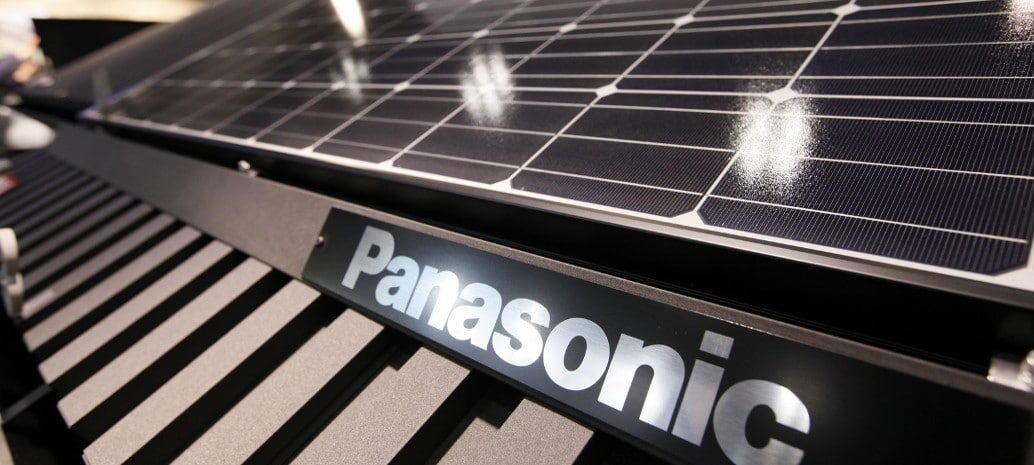Researchers from the US Department of Energy's Sandia National Laboratories are assessing solar generation in extreme environments north of the Arctic Circle. The team recently installed a 4.3 kW PV system on top of a storage container at Oliktok Point, Alaska. The system uses bifacial solar modules from an undisclosed manufacturer.
“Data collected at Oliktok Point will track daily energy gains and help develop predictive models of energy performance based on the tilt angle and orientation of the solar modules,” said the research institute.
Temperatures at the remote location can go as low as -43 C, with a wind chill factor of -57 C. Structures are covered by ice for most of the year and are exposed to harsh shoreline conditions.
“Oliktok Point is a very environmentally relevant field site – it checks all the boxes,” said Andrew Glen, the manager of atmospheric sciences at Sandia National Laboratories. “We go from permanent ice through the winter, with permafrost, to the sea ice breaking up, to open water and a melt season where the ground softens and turns to mud.”
The results from the system will show which system designs and technologies are most efficient in northern environments with limited sun in the winter.
“Alaska, and Oliktok in particular, represents an edge case for PV deployment,” said Bruce King, the director of Sandia’s Photovoltaic Systems Evaluation Lab. “Learning about edge cases helps inform conventional system design and may identify opportunities to increase energy harvest that might not otherwise be considered. This can be particularly important for PV deployments in other geographic areas that are also not optimal.”
The team said that it hopes the Oliktok Point project will help to facilitate the rollout of climate-optimized PV systems for remote off-grid communities in Alaska.
This content is protected by copyright and may not be reused. If you want to cooperate with us and would like to reuse some of our content, please contact: editors@pv-magazine.com.



By submitting this form you agree to pv magazine using your data for the purposes of publishing your comment.
Your personal data will only be disclosed or otherwise transmitted to third parties for the purposes of spam filtering or if this is necessary for technical maintenance of the website. Any other transfer to third parties will not take place unless this is justified on the basis of applicable data protection regulations or if pv magazine is legally obliged to do so.
You may revoke this consent at any time with effect for the future, in which case your personal data will be deleted immediately. Otherwise, your data will be deleted if pv magazine has processed your request or the purpose of data storage is fulfilled.
Further information on data privacy can be found in our Data Protection Policy.